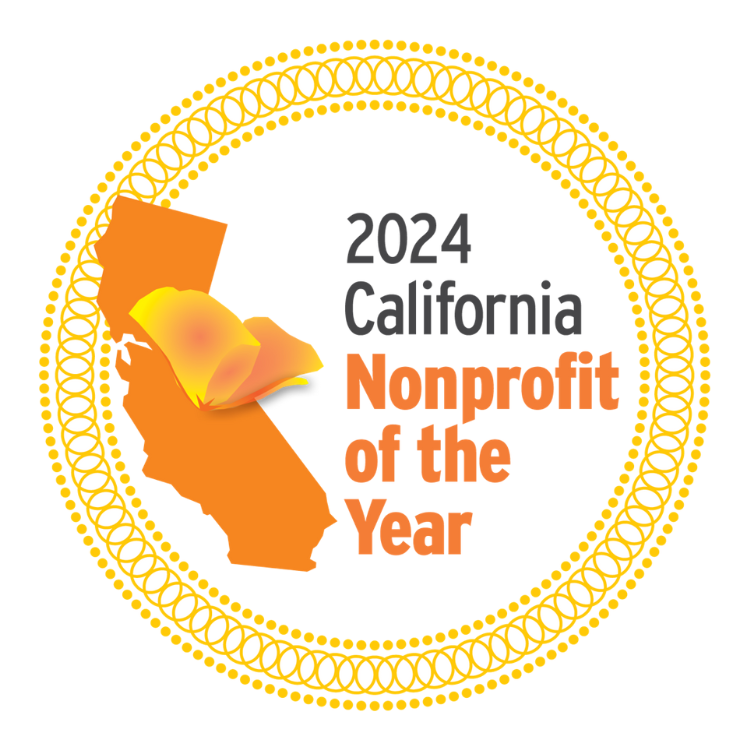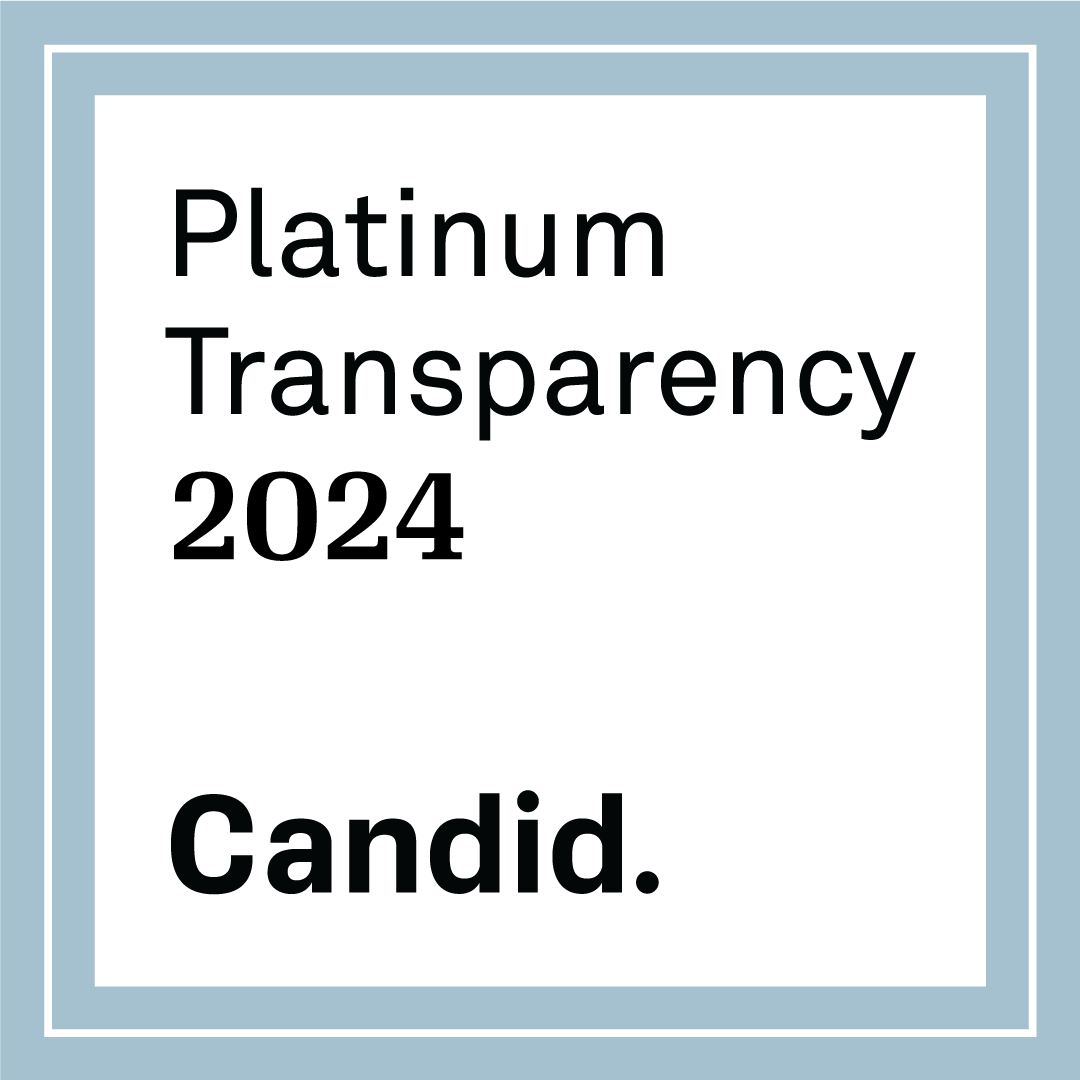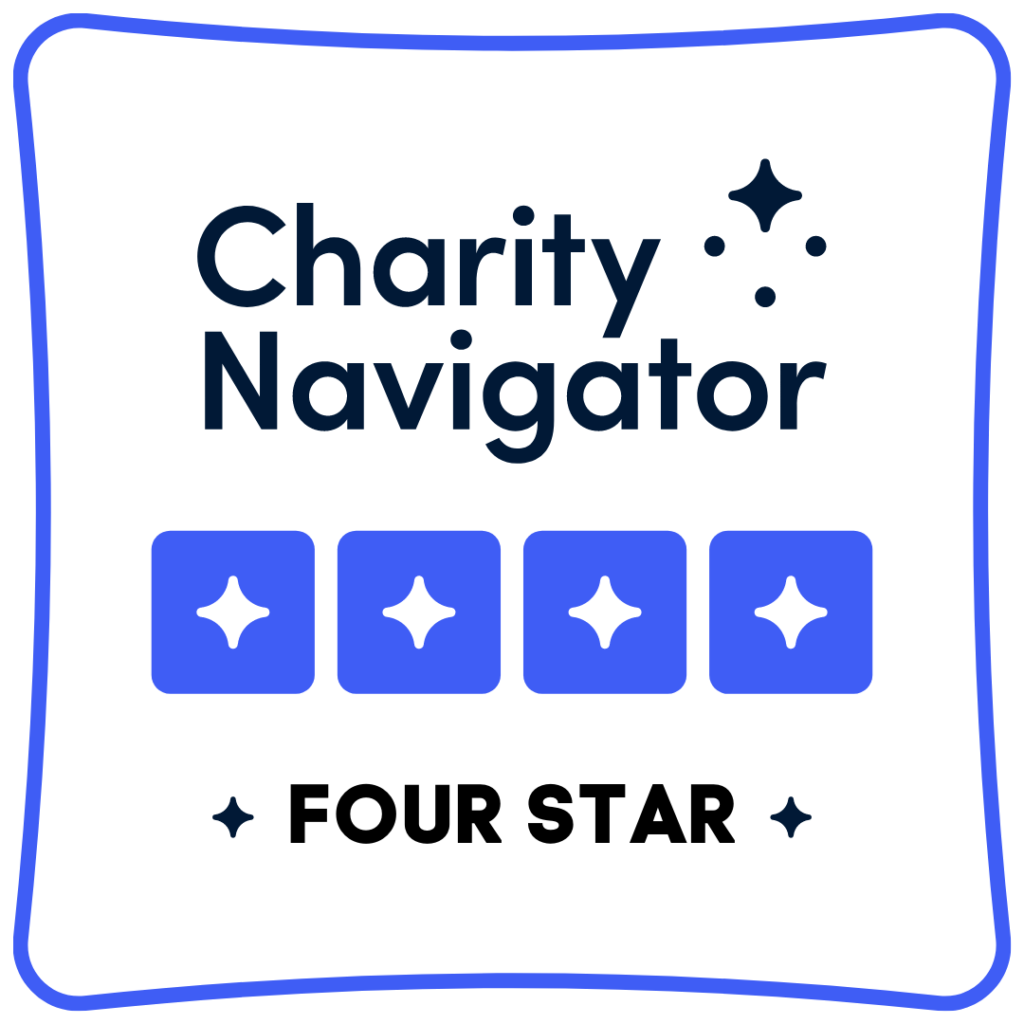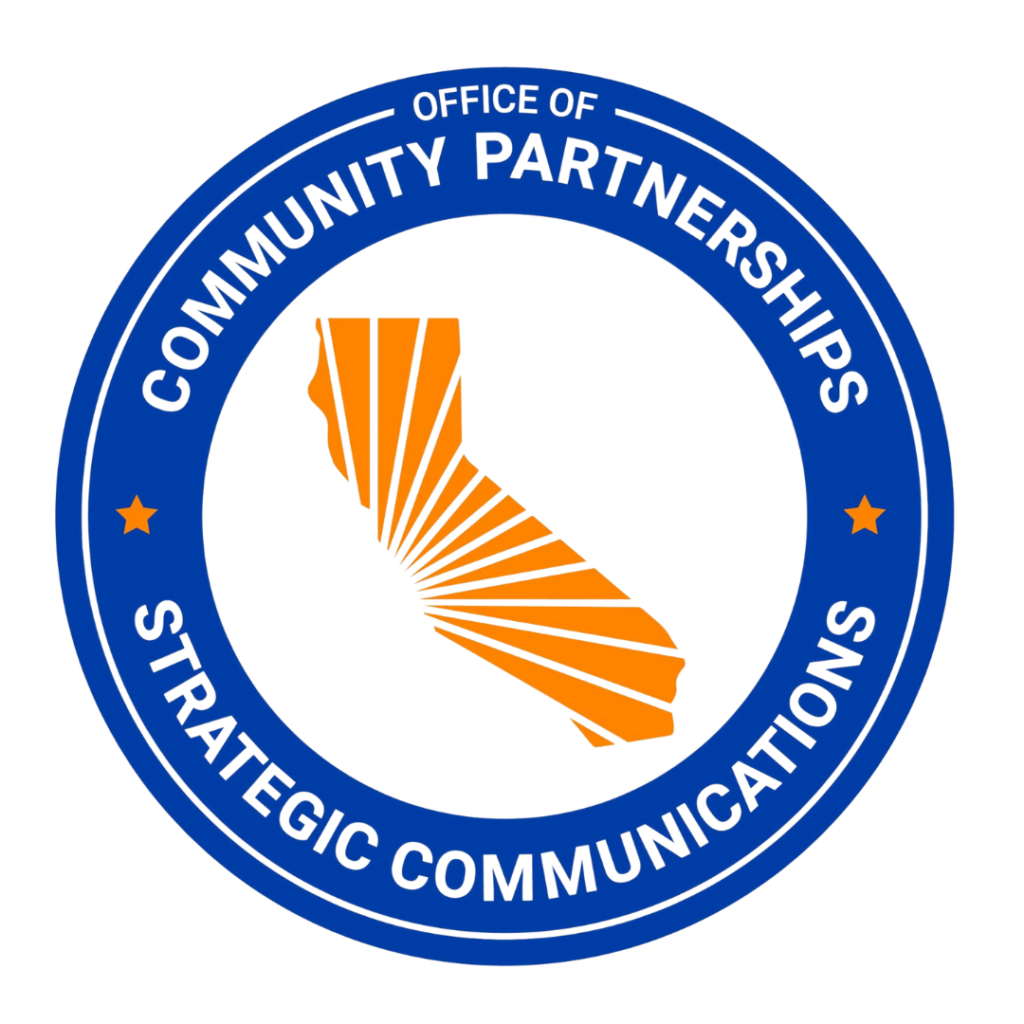By Jaebum Park
In July, we are celebrating a global campaign: Plastic Free July. Did you know that about 80% of marine debris is made of plastic?¹
It is easy to find plastic waste in creeks, flowing water in channels, or on the sand at the beaches in Orange County—basically everywhere throughout our watersheds. With its non-biodegradable nature, plastic also inflicts prolonged harmful effects on wildlife, people, and our community.
That is why we are actively working on preventing trash, including plastic debris, from reaching the ocean. On the front line of these efforts, our cleanup events intercept plastic before it can pollute the Pacific Ocean. It is a final chance to pick up trash as it becomes extremely hard to remove it in the open ocean.
Since 2011, our cleanup events have successfully removed over 165,000 pounds of trash from our waters. We do this through monthly public cleanups, privately hosted cleanups, and our annual Coastal Cleanup Day.
Yet, there is a more efficient way to deal with the trash problem: preventing pollution from entering our waterways in the first place. Surprisingly, 80% of trash found in the ocean originates from land² and comes through water systems such as stormwater drains. Therefore, the best way to reduce debris in the sea is to improve our stormwater management.
Our advocacy efforts to improve our region’s MS4 permit is one of the ways we’re addressing waterway pollution at the source. MS4 stands for Municipal Separate Storm Sewer Systems and is a permit issued by the California State Water Resources Control Board. It requires cities and counties in California to plan and initiate actions to inhibit trash from entering stormwater drains. Through our advocacy, we aim to make the permit better protect our water through improved standards and directions for permittees.
In addition to our cleanup and advocacy efforts, we’re teaching local students how to reduce their waste through our education programs. From food wrappers to plastic bags and bottles, many plastic products are consumed in our homes and thrown away.
Students participating in our education programs learn about the connection between the trash they produce at home and the pollution they find on our beaches. Our goal is to show them how their actions are tied to our environment and how they can make a positive change going forward.
From the beach to the upper regions of our watersheds and into our homes, our goal is to establish a seamless defense against plastic and trash entering our waters. While we have made significant progress, more help, aid, and support are still needed.
Plastic Free July provides a perfect opportunity to get involved in our efforts. Participating in our beach cleanup, reducing the use of plastic products, and properly disposing of garbage is a great starting point. More importantly, you can use your voice to empower our advocacy goals. This is crucial because systematic changes from larger entities are necessary to address this global issue. All these tasks can seem overwhelming, of course. However, starting with small, easy actions with us can make your July and beyond free from plastic pollution.
References
- U.S. Department of the Interior, Marine Debris Impacts, 09.19.2019.
https://www.doi.gov/ocl/marine-debris-impacts - European Environment Agency, From source to sea — The untold story of marine litter, 01.19.2023.
https://www.eea.europa.eu/publications/european-marine-litter-assessment/from-source-to-sea-the

